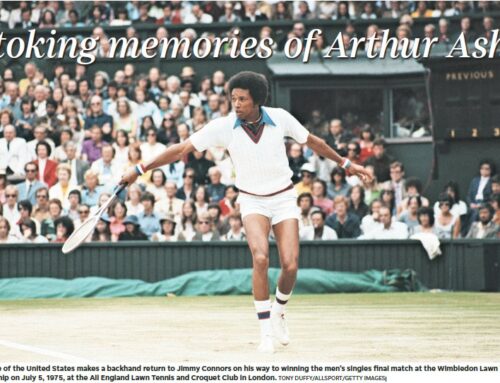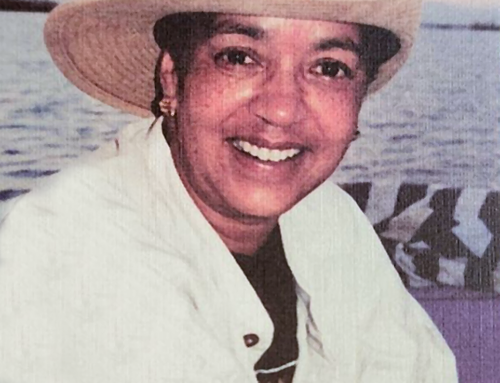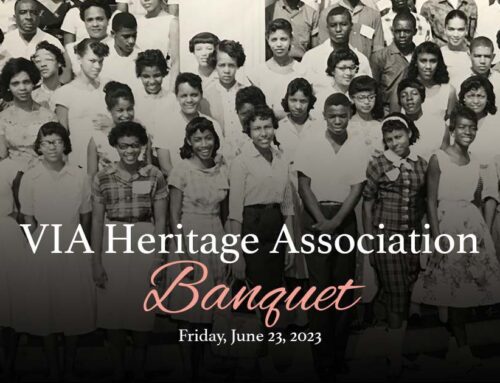Producer Brad Pitt, director Steve McQueen and the cast of the epic film, Twelve Years a Slave, not only should take a bow for its selection as a Best Picture nominee, but also for providing us with a compelling reason for restoring the word ‘nigger,’ to our lexicon. Again and again the word flew in the face of the Negro slaves and landed like lethal blows to the head, as well as the heart. I left the theatre convinced that to bleep, substitute or omit the word would have greatly diminished the film’s authenticity and power.
I hesitated to see the film, mainly because I’ve grown weary of watching movies portraying the blind hatred and unspeakable cruelty of white suppressors during slavery, as well as during the era of government-sanctioned racial segregation. I’m weary, too, of seeing brilliant performances by people of color, especially black men, overlooked or ignored by those who select Oscar winners at the annual Academy Awards. Though 12 Years a Slave received kudos from movie critics throughout the world, I’d be pleasantly surprised if any of its black nominees will make acceptance speeches at next month’s Academy Awards celebration.
Nominated for nine Oscars, my guess is that 12 Years a Slave will garner the same number claimed by The Color Purple (with 11 nominations) in 1985. That would be zero, although it would be so Hollywood-like to reward Michael Fassbender (best supporting actor) for his portrayal of a plantation owner and snub the others, including McQueen and Chitwel Ejiofor (Best Actor) for his poignant and more nuanced offering as Solomon Northrop. I still ache with disappointment for Morgan Freeman, who was masterful in his role as an eclectic chauffeur in Driving Miss Daisy (1989), but was snubbed by the Academy, which gave co-star Jessica Tandy an Oscar for a rather mundane portrayal of Miss Daisy, a wealthy Southern matron.
Actually, the Academy did show some gumption years ago, when it made Hattie McDaniel, the first African American to win an Academy Award. McDaniel claimed the Best Supporting Actress award for her role as a maid in the 1939 blockbuster film, Gone With the Wind. Though it took awhile, Sidney Poitier became the first African American male to hoist an Oscar, playing a handy man in Lilies of the Fields (1963). Poitier stirred hope and excitement, especially among African Americans in 1950, starring with Richard Widmark in No Way Out. Five years later, his breakout film – Blackboard Jungle – brought his first Oscar nomination (with co-star Tony Curtis) in The Defiant Ones (1958). For most African Americans locked in the stifling chains of that era, Poitier provided a puff of pure air … and a promise of better days. In every role he played, he carried himself with a sense of confidence and dignity and blended those qualities effortlessly when necessary with smoldering rage and defiance. Put simply, he was the man I wanted to be, a role model and a hero, I’m sure, to millions like me. As Solomon Northrop, Ejiofor exuded Poitier-like potential in 12 Years a Slave.
His character is based on Northrop’s autobiography, which details his ordeal as a free, black man, who was kidnapped during a trip to Washington, D.C. and sold into slavery to a Georgia plantation owner in 1841. A skilled carpenter and expert violinist, Northrop lived comfortably in New York with his wife and two children. His worry-free world collapsed when two slave traders fooled him into believing that a part-time job as a violinist awaited him in Washington. For the next 12 years, Northrop struggled to stay alive on Georgia plantations, where slaves, including Northrop, were subjected to horrific acts of violence and degradation. When a fellow slave renders this warning, “If you want to survive, do and say as little as possible.” Northrop responded: “I don’t want to survive I want to live.” The use of the ‘N’ word usually signaled the unleashing of brutality from his sadistic white suppressors.
Many of my friends and I used the N-word among ourselves frequently and affectionately as we grew up in Hampton, Va., a racially segregated city in the 1950s and early ‘60s. Evidently, the trend continued among black males as Rapper Jay-Z explained to Oprah Winfrey in an interview years ago. “Our generation took the power out of the word,” Jay-Z said. “We turned a word that was very hurtful into a word of endearment. Stopping the word doesn’t address the problem and the problem is racism.”
Winfrey abhors the word because it represents an era of hatred and degradation. “I think of the black men who were lynched and that’s the last word they hear,” she said.
To the media, the word has become too painful a reminder of the evilness that lurks in each of us. They have decided that the best way to ease its impact is to erase it from our memory. Several publishers of dictionaries have removed it from their pages. Newspaper publishers have ordered it to be called, the ‘N’ word. National and local television and radio commentators and analysts also have retired the use of the ‘N’ word. That’s not the way to go.
The word ‘nigger’ will always be a troubling, but important part of our history. It was an integral part of the complex and brutal practice of slavery that led to unspeakable abuse against a race of people in the developing years of our nation. Residue from that period lingers. Any effort to expunge the ‘N’ word will only heighten its confusion, especially among youngsters. It should be restored to our dictionaries and, indeed, used in the proper context on the airwaves, as well. The hatred and inhumane acts that spawned it should be targeted for elimination.





Leave A Comment